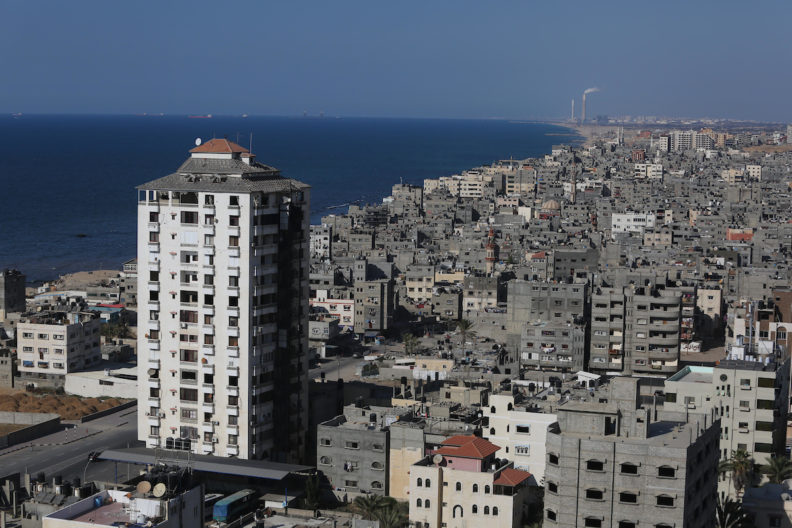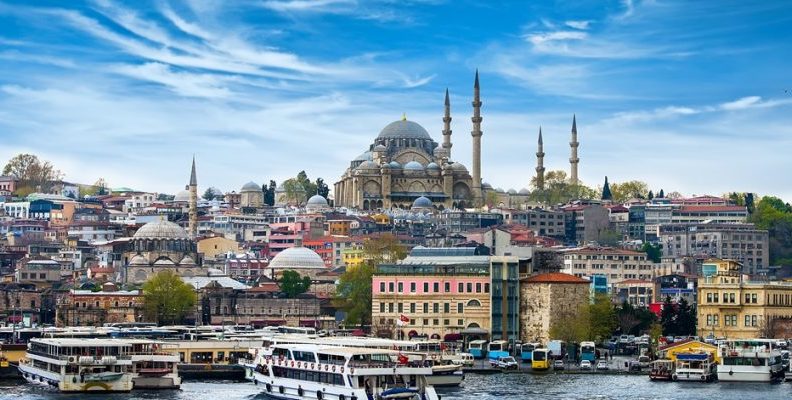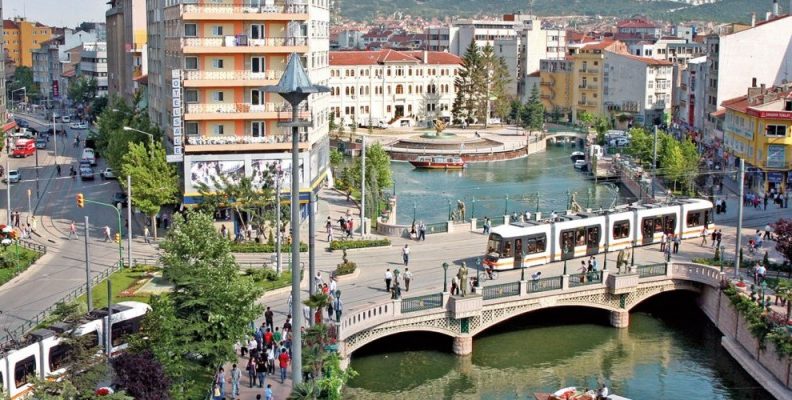Case studies

Building an Intercultural Pedagogy for Higher Education in Conditions of Conflict and Protracted Crises: Languages, Identity, Culture!

Case study at Durham (UK)
The Home Office aims to grant asylum to up to 20,000 Syrian refugees. Some of these families are being settled in the North-east of the United Kingdom, and in particular, in County Durham. However, immigrant and asylum youths and their families often face exclusion from education, discrimination, cultural isolation, unemployment, and challenges in accessing higher education. All of these factors may contribute to ongoing post-war trauma. The case study activities at Durham University are led by PI Holmes, under the guidance of Co-I Moskal and Academic Advisor, Dr Taha Rajab, and with support from refugee officers at Durham County Council and Durham City of Sanctuary. Home and international students from Durham University, who may not necessarily have direct experience of refugee and asylum settlement issues, or encounter refugees in their everyday life experiences, will engage in reciprocal intercultural dialogue and learning with Syrian and other refugee and asylum youths (young people). During the three workshops, underpinned by the creative arts, cultural heritage, identity and languages, students and young people will share life narratives of education and build intercultural understanding through dialogue. The developing intercultural pedagogy has the potential to shape future higher education and council/community engagement and dialogue concerning refugee settlement in County Durham and beyond. It will also shape higher education curriculum—with a focus on creative arts, culture, identity, and languages—for intercultural engagement and inclusion among students and young people who may be excluded due to forced migration, war, and other forms of protracted crises.
More about case study at Durham

Case study at Bogota
Co-I Pena-Dix, supported by Co-I Corbett from Brazil, will engage top student recipients of the government’s scholarship programme “It’s worth to be clever”. The scholarship recipients, who tend to come from low income families, are keen to find ways of giving back to their communities, but lack the resources. The students, supported by the network, will invite their former English language teachers from their secondary schools to participate. The workshops will build on intercultural self-recognition and responsible citizenship through intercultural dialogue with ethnically marginalised groups. Teacher-youth participation and exchange are crucial in strengthening intercultural understanding among groups who are divided by language, ethnicity, politics and wealth. The workshops will build capacity among teachers of languages and intercultural communication at the University of Los Andes, and in other HE institutions, e.g., the National Pedagogical University, and Pontificial Javeriana University. The emergent intercultural pedagogies may also inform the Ministry of Education’s policy in the English language education and impact intercultural learning in local participating secondary schools.
More about case study at Bogota

Case study at Gaza
Young Palestinian men and women need professional intercultural communication skills in English to enhance their employability and wellbeing, which in turn enhances the social stability and economic growth of besieged and occupied Gaza. Led by Co-I Al Masri, the development of the professional intercultural communication learning materials will be supported by teachers and English language students in Gaza, and by online collaboration with students in the other partner institutions. The PI and Co-I Al Masri (through a previous project, AH/O006936/1) have already experienced the potential of online webinars to develop the language and intercultural capabilities of young people in Gaza and Durham The students in Gaza will offer voluntary training workshops on professional intercultural communication in English to recently graduated students in engineering, medicine, business, IT, science, and Islamic law studies to aid their employability. Access to graduates and delivery of the workshops will be facilitated by the Society of Graduate Women in Gaza, and the workshops will possibly be disseminated to other educational institutions in the Occupied Palestinian Territories beyond Gaza.

Case study at Istanbul
Refugees, many from Syria, have begun to access HE, especially in Theology where Co-I Furat is located. There is the opportunity for these youths and other local Turkish students to engage in intercultural learning with other Syrian/refugee youths (and their families) who are excluded from HE. Co-I Furat and the students will facilitate workshops that engage refugee youths in an art studio, a musical evening to share cultural heritage (disseminated by social media), and dialogue on experiences of participation in the Turkish public sphere. The emergent intercultural pedagogies have the potential to impact HE curricula in other Turkish institutions, e.g., at Anadolu University, Eskisehir, where Academic Advisor Yaylaci is located, and in the local community via the Directorate of Migration Management who tend to come from low income families.
More about case study at Istanbul

Case study at Anadolu
The main purpose of this case study is to evaluate how Turkish and foreign students’ impressions of one another change in the process of intercultural learning. The case study (located at Sakarya University in Turkey) aims to create a learning and practice environment for both domestic and foreign students living on the same campus, through participatory photography. The participants (the students) are expected to discuss experiences and challenges related to their lives on campus and to reflect these through photographs. The case study draws on critical pedagogy and Freirean dialogue where researchers guide students to work together to develop understandings of self and other (around the concepts of language, culture and identity). The study has two main dimensions. The first dimension involves a six-stage application, which includes basic photography training, photo shoots, focus group discussions, and culminates in an exhibition. The second dimension involves the researchers’ analysis of the first stage and its outcomes to build a critical intercultural pedagogy informed by creative understanding and Freirean processes of dialogue.
